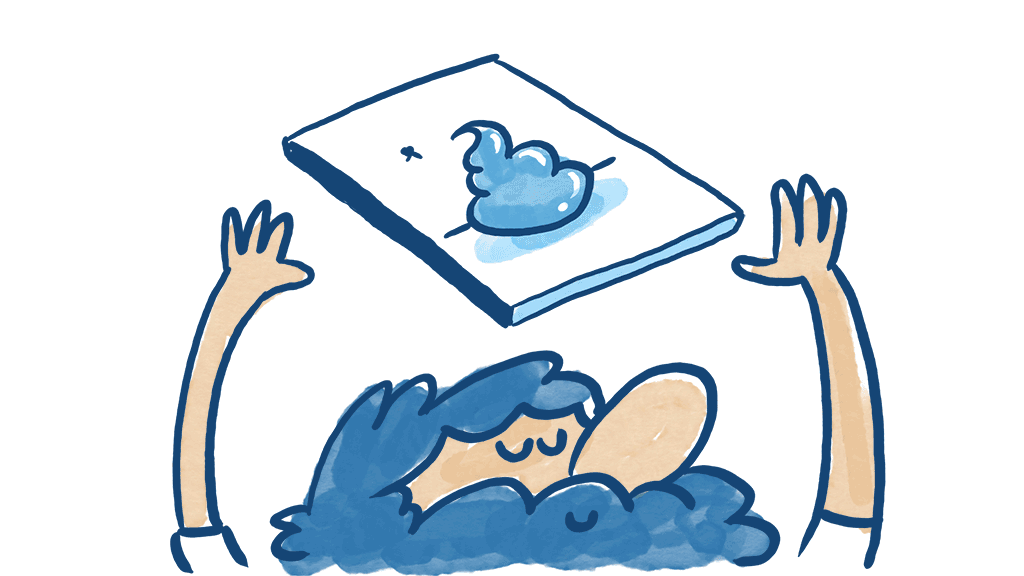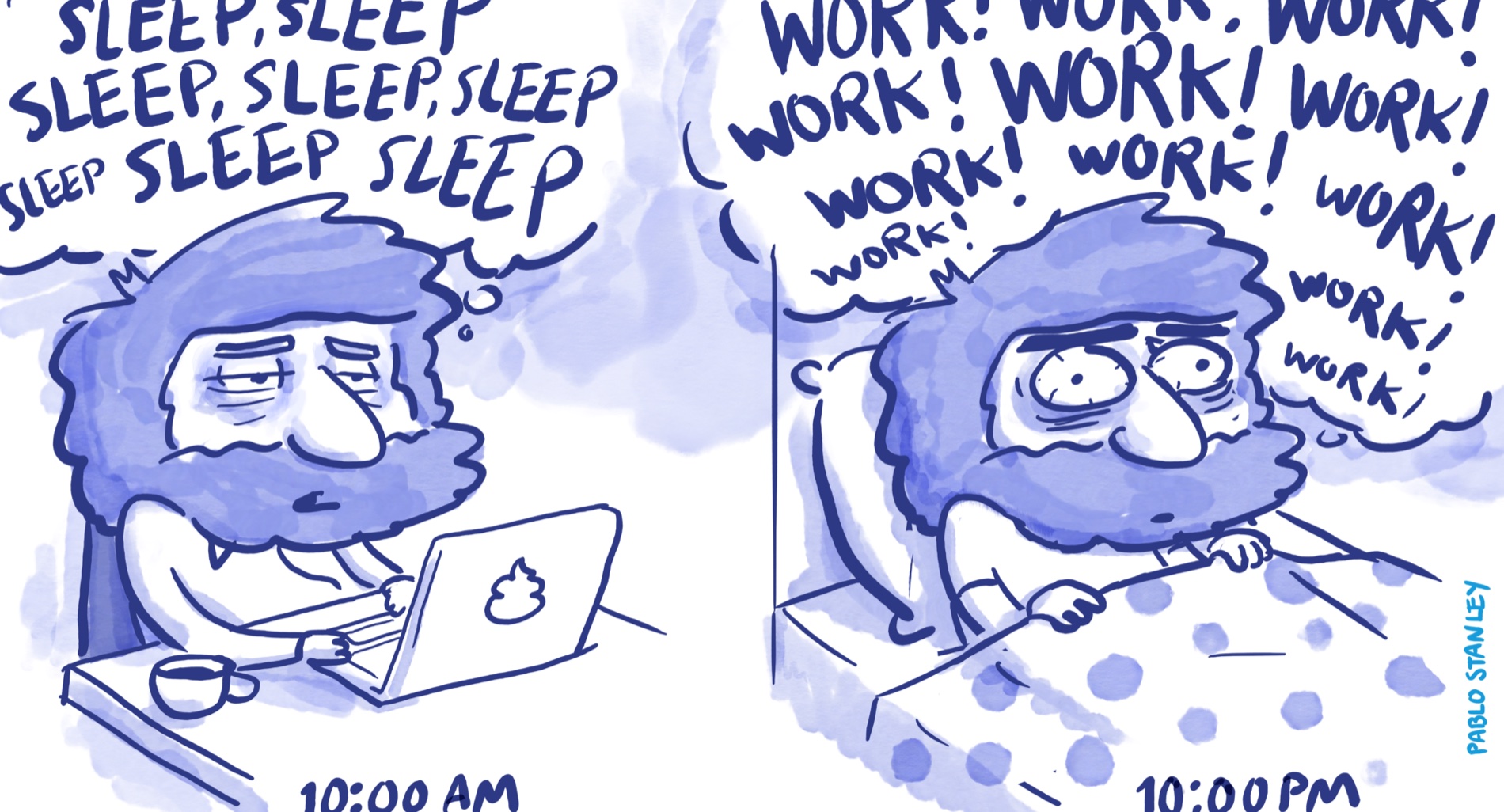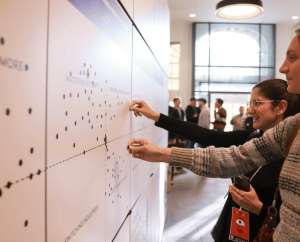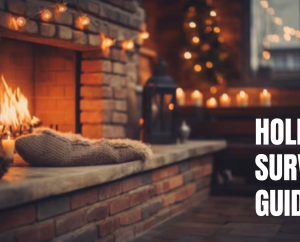Originally from Mexico, Pablo Stanley is Design Lead at Invision and co-founder of Carbon Health, a tech-enabled healthcare provider created to make healthcare simpler. His silly comics and colorful illustrations, combined with the series of YouTube design tutorials called Sketch Together, make him a uniquely talented designer. Pablo is also know for hosting a design podcast in Spanish and for being the founder of Latinx Who Design, a living directory of talented Latinxs in the design industry.
Working from home is something that Pablo has been doing for a long time, since the Invision team is distributed across different States and Countries. We had the pleasure to meet (virtually) with him to reflect on how the quarantine is forcing people to rethink their habits, and how the COVID-19 pandemic is pushing designers to use their skills to help society; not only can designers create useful products, but they can also use their outstanding communication skills to help the masses escape from a world filled with bad news.
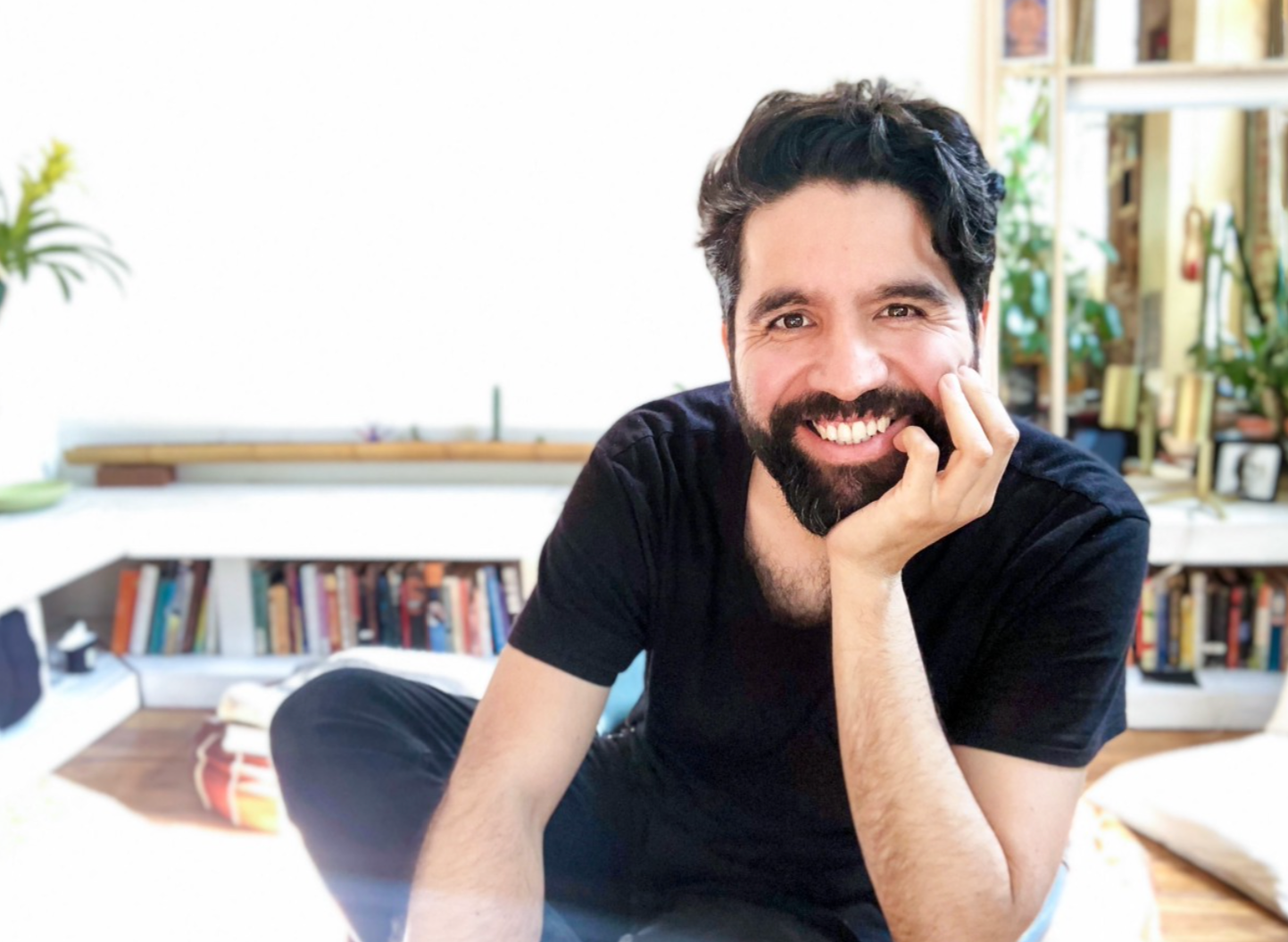
How do you think coronavirus has changed the way people create and share their work?
Everything that is currently happening is forcing us to be a bit more creative in how we collaborate, share our work, and receive feedback, just through using the tools we have at hand. The good thing is that we have the Internet and a lot of good applications that allow us to connect digitally. When you’re doing something with a team, like white-boarding and making calls, suddenly your office is Slack. Some people may not be around for you to speak to, so it is encouraged to over communicate, share different channels, and put it all down in writing.

At Invision, we work remotely anyway, so for us this wasn’t a big change, because the whole team is distributed. Invision Freehand is a tool that we have been using for a long time. It allows us to jump on a whiteboard, jam on a wire-frame, and do a brainstorming session; we can even plan and roadmap. We do it all on Freehand because the idea is that everybody can get in there. You can see what everyone is drawing so in a way it mimics the experience you would have in an office where everyone is jumping in, adding sticky notes, and everyone has markers and the same tool. It democratises design processes. No one has an advantage on the tools they have; we all have the same pencil, squidge squiggles and low fidelity tools! I think in a way it is good that we are now forced to use these tools because maybe once this is resolved, we will see the value in them.
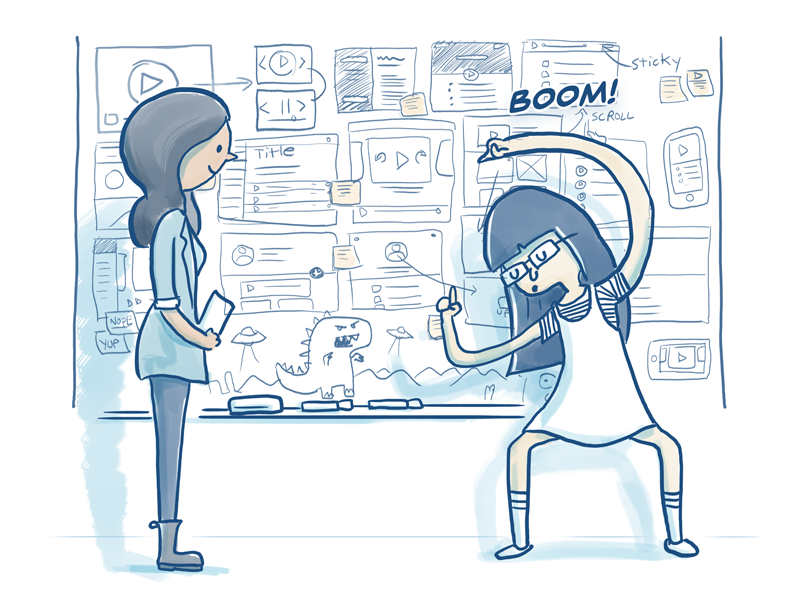
In real time, after being in the room and using the white-board, you have to take photos, you have to document it. But when it is digital, it is already there and you can always reference it back. And it’s always up-to-date. I think it’s always a good thing that we have tools to still mimic a little bit of what we would do in a real environment in sharing an office with other people.
So how has your productivity changed in this current state of the world?
This is a double-edged sword. I can see people being more able to focus on work, depending on the kind of work they do. Maybe being at home without all the distractions you‘d find in an office allows you to get things done. I can also see the other side where serendipity is lost. Now, you send a Slack message hoping that someone has their messages turned on. I don’t think it’s the end of the world though. But the idea of resolving something quickly, turning your head to speak to a colleague and getting an immediate answer has disappeared. But, that can be distracting too, because you end up listening to a conversation you are not involved in. You can still mimic this on Slack, but it’s different. You have to adjust to the mentality that you might not get an answer straight away.
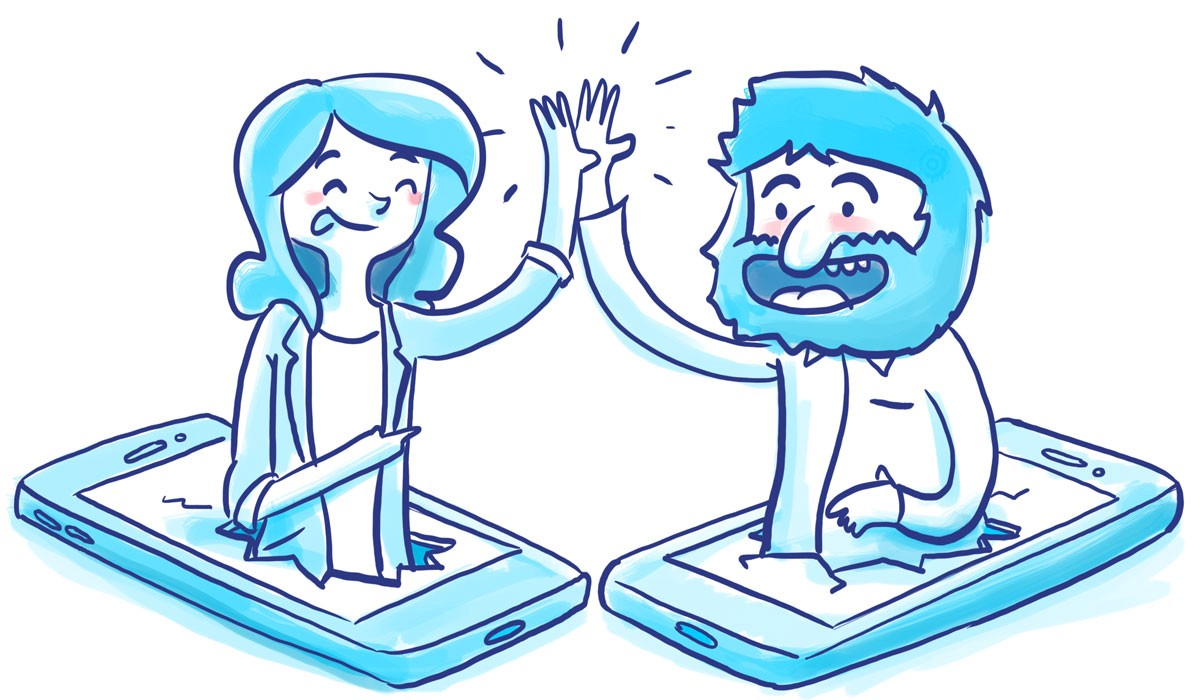
I think we are already used to technological communication, so we just have to adapt it to the work environment.
Regarding productivity, I think one of the things that happens when you are working remotely is that you get to focus. For some people it might be hard because they actually have more distractions at home. I live alone and I get to be focused on my work, but some people might have all their kids at home, or they might live with roommates, and there isn’t really a designated place for them to create. I’m speaking from a place of privilege; I just think “oh, it’s easy.”
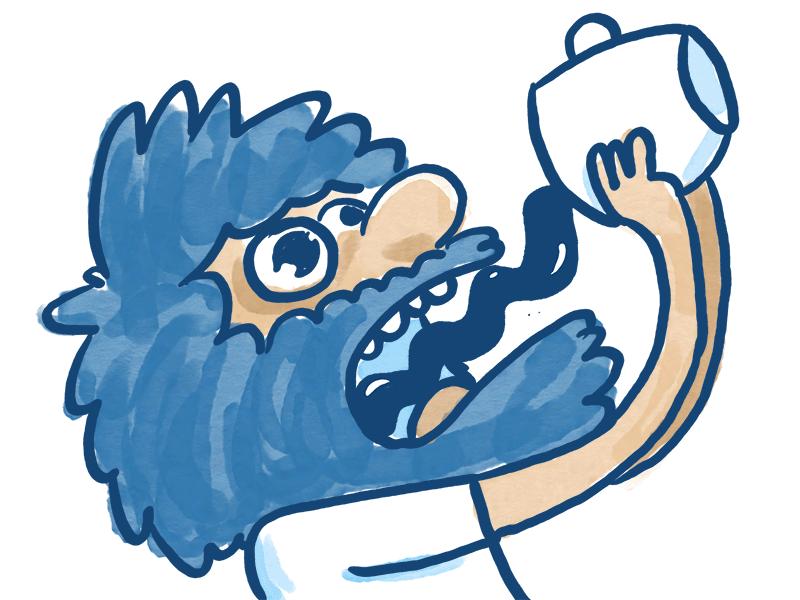
What do you think the role of designers is in this weird pandemic? What can designers do to help society with their skills and knowledge?
I think as designers we are masters of communication. We are able to tell complex, frightening messages in an easy-to-understand and friendly way. We can help by really communicating about things that are important. For example, some people are not taking COVID-19 restrictions as seriously as they should. As a designer, you can really communicate with other designers about how to translate and deliver that message in a more efficient way so that other people understand the dangers of this.
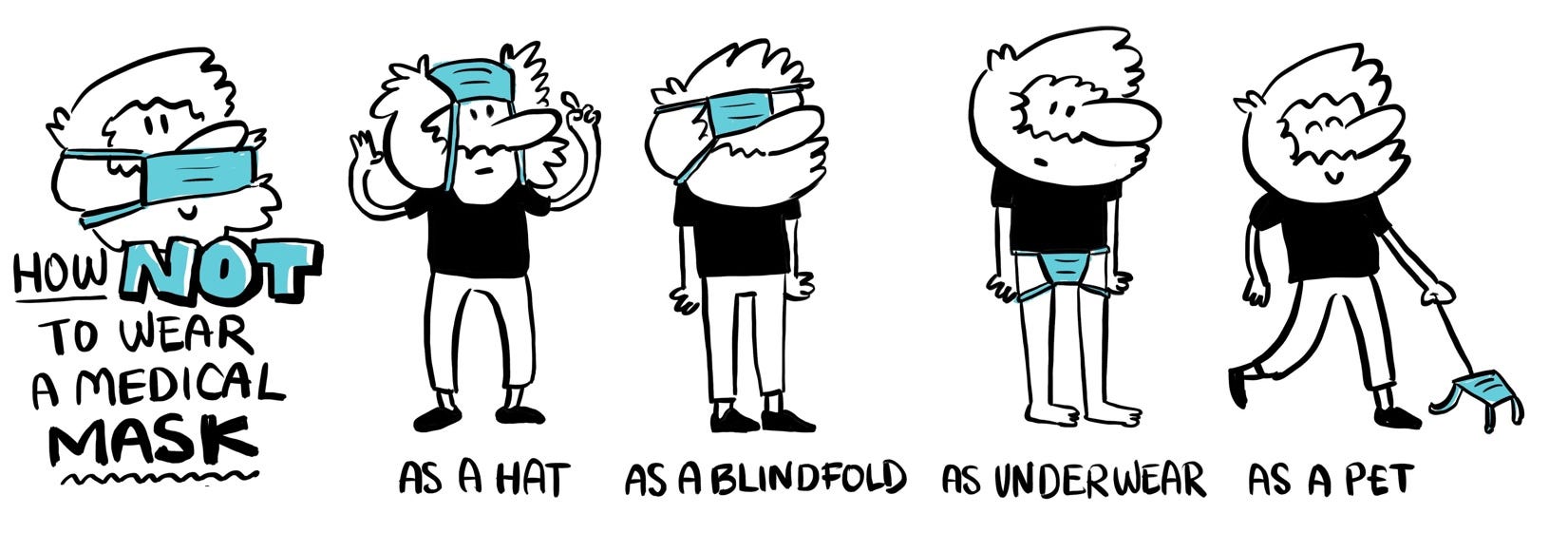
Do you have any plans personally to do anything — any comic ideas that you are coming up with at the moment?
I have a lot of them written down at the moment. Some are about how to take care of your mental health when you are at home and isolated, and how to be more effective, how to work remotely. I’ve seen other people doing an amazing job of sharing visuals, comics, posters, and websites. A friend of mine is creating a website for people who work in the service industry. A lot of people do not have jobs right now. He is helping them create a website where they can deliver food and groceries to other people. He is using his talent and design skills in communicating a message, and we are collaborating in some of the illustrations. I see magic when that happens — sometimes just an opportunity to learn a new tool, a new skill, and use it in something that is meaningful and impactful.
You once said, ‘designers always need to find a way to keep themselves busy, and always keep themselves with a job,’ I think that is really relevant right now. Do you think designers are managing to stay relevant and adapt to this situation?
I have seen a lot of people adapting quickly, sharing their tips and what they know which they think will be useful for others. I want to think that we have the gift of the ‘creative bug’. Some of us just need to create! For some of us this is a good time to let that bug drive you to learn a new thing. It doesn’t have to be meaningful or impactful. It can be just sketching, making doodles. At the end of the day, you have to take care of yourself and your mental health, and do something meaningful to you. Then you can think about how this skill or this thing can help others. But it doesn’t necessarily have to be meaningful— there’s no shame in doodling butts, which, in fact, something I do. And there is no shame in drawing monsters that don’t matter, ice-cream cones, or whatever. That’s okay, it’s keeping you busy, you’re doing something creative. And at the same time you are improving your hand-eye coordination. You’re practicing your skills. Let that bug free, let it guide you, creative bug!
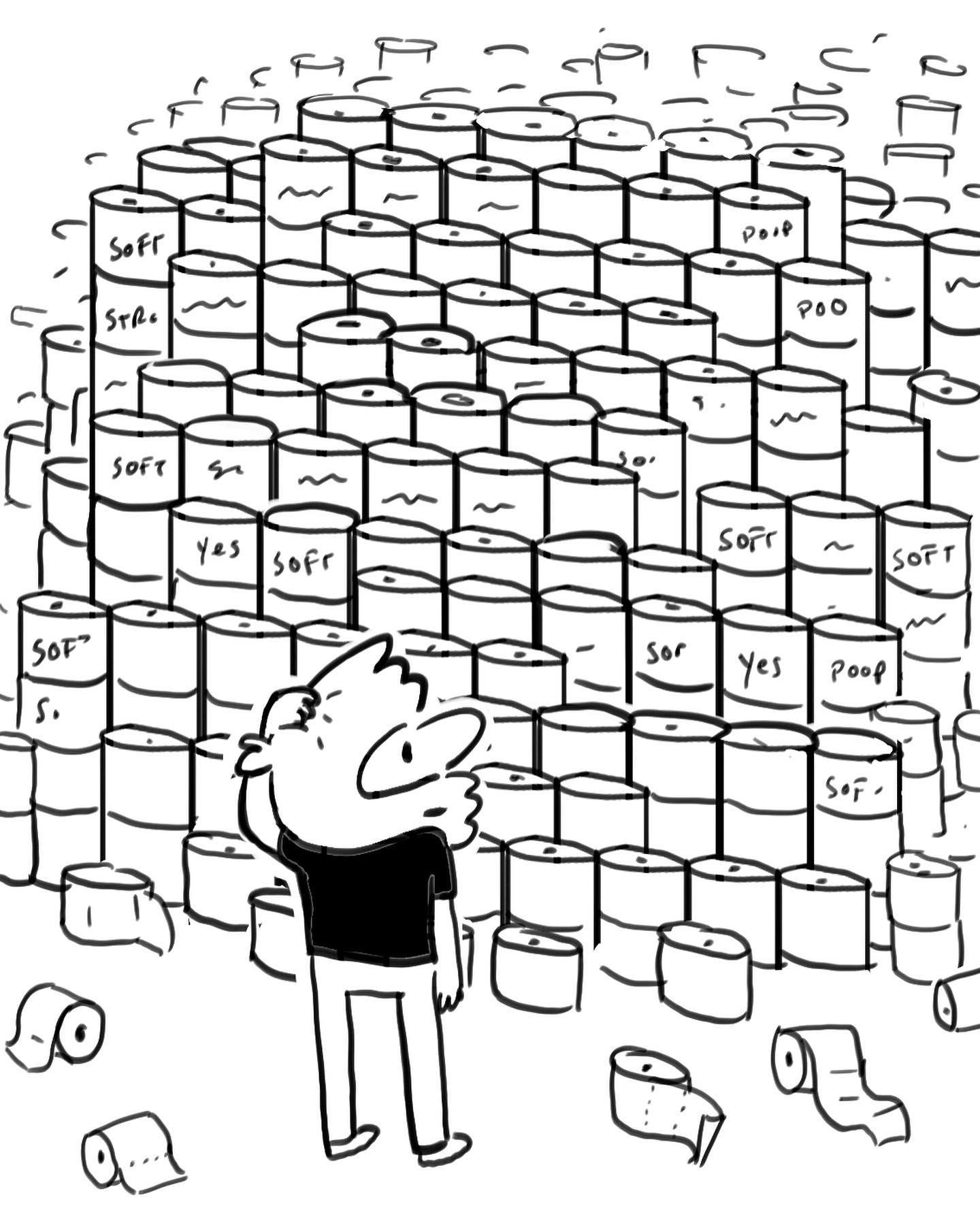
There is nothing wrong with escaping and being distracted. If you are also practicing a skill that’s great. But remember, there is no need. You can read a book or binge-watch a Netflix series, or listen to a podcast. At the end of the day, give yourself some time for yourself, allow yourself to do some dumb stuff. When you are at home and suddenly your home is your office too, there’s a blurry line between when work ends and life begins. Suddenly you are working all-day, glued to the computer.
When you work remotely, you start to question yourself. “Do my colleagues realise that I’m working? Because I am!” And then you start to feel guilty because you spent all day just pushing some pixels and then realise that your update at the end of the day was that you had ten meetings, just to discuss work. And then there were thirty minutes between the meetings, and during those thirty minutes you weren’t really able to do a lot. Suddenly, what would usually be your normal office work day ends with the thought that you did nothing. Then you feel guilty, which leads to over-working, and no time to relax. And when you take time to relax, all you see is the news about how the world is crumbling. So again, just give yourself time to do dumb stuff, it’s okay. Just don’t over-do it, and don’t eat too much ice cream.
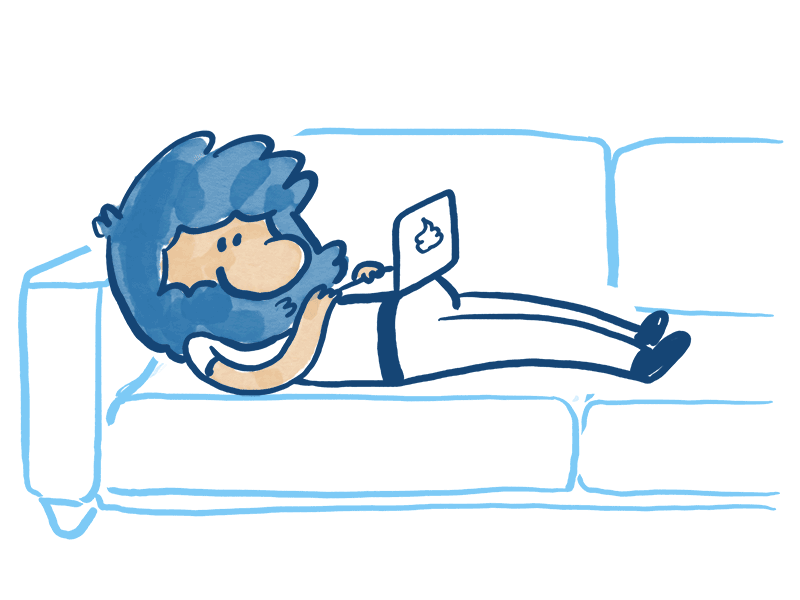
We are creatures of habit. And it’s good to have new habits into your life — when you go to the office you commute, so your mind makes the shift. There is that separation. It’s good to create those habits for yourself. For example, I would try to do my commute by walking around the block, at least listening to one of my podcasts. When I started working remotely I realised that I had stopped listening to my podcasts. So I committed to making my bed, not working from my bed, and walking and making a coffee before work. Wear clothes! What would you have worn to the office? You would not have worn pjs or sweats. And…take a shower! Like at least every couple of days… One thing I have to do in my calendar is factor in the time to eat. For some people, eating is more of a social thing. When you are alone, you don’t have other people telling you that they are hungry. Sometimes it would be five or six in the evening and I would realise that I hadn’t eaten yet.
There is more from Pablo! Stay in the loop! The second part of the interview will be out soon!
